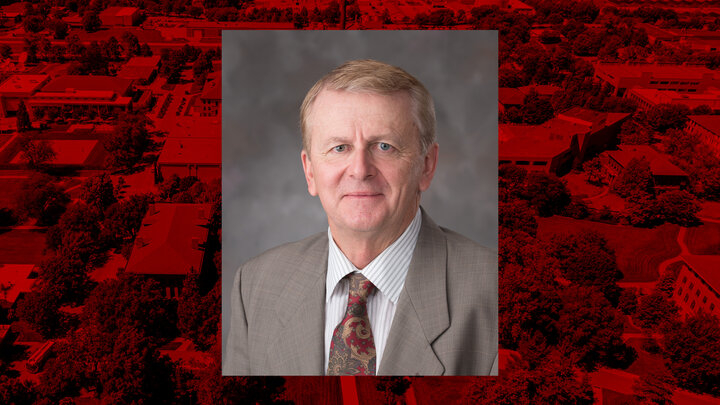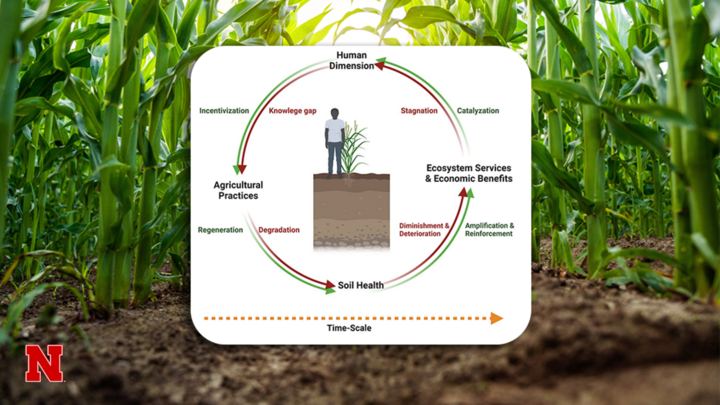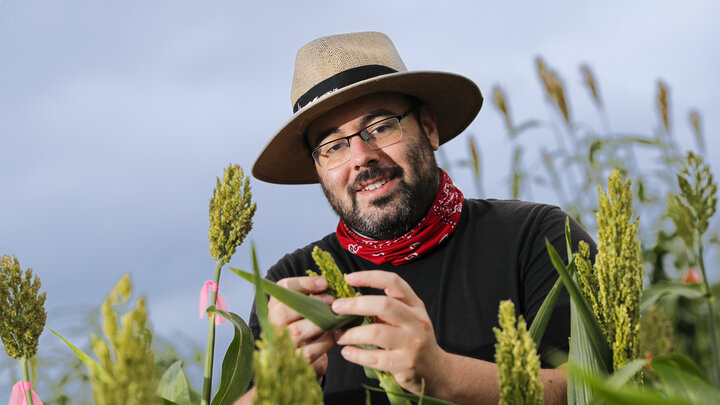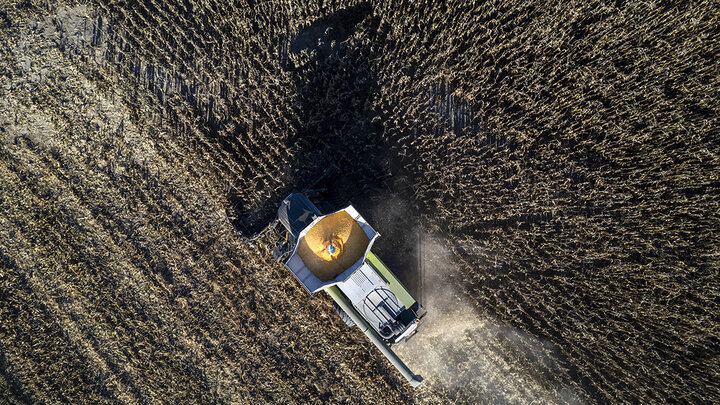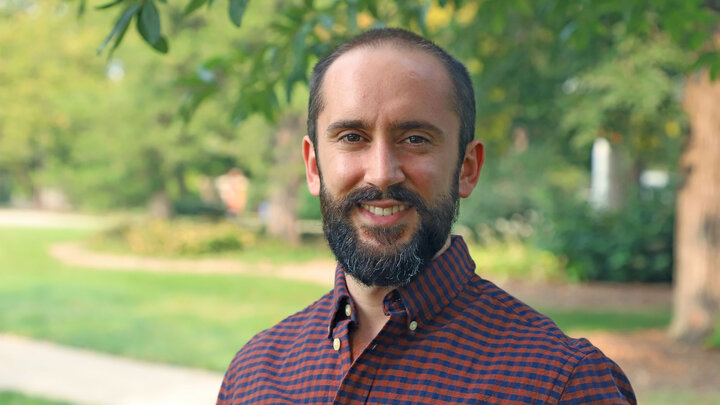Jerry Volesky has been named the interim director of the University of Nebraska-Lincoln’s Center for Grassland Studies.
Volesky is a professor in the Department of Agronomy and Horticulture and a Nebraska Extension range and forage specialist at the West Central Research, Extension and Education Center in North Platte.
The mission of the center is the implementation of focused, interdisciplinary research, education and service programs and activities that emphasize the role of grasslands as a natural resource and enhance the efficiency, profitability and sustainability of grasslands and turfs. The annual Fall Seminar Series, the Nebraska Grazing Conference and the university’s prairies, such as Nine-Mile Prairie, are overseen by the center.
Two undergraduate degree programs, PGA Golf Management and Grassland Systems, are also administered by CGS.
“I am looking forward to the opportunity to serve in the role of Interim Director for CGS. My goal is to have the center continue the high level of success in fulfilling its mission and objectives,” Volesky said.
Volesky’s position is an equal split between conducting research and providing Extension programming. His work has been directly related to the center’s mission and has focused on grazing management and forage systems on native range and seeded pasturelands in the Nebraska Sandhills.
“To me, a very enjoyable part of my position has been the opportunity to conduct much of the research in the Nebraska Sandhills at both the Gudmundsen Sandhills Laboratory and the Barta Brother Ranch,” Volesky said.
Volesky’s Extension programming efforts have covered all aspects of rangeland, grassland and forage management. He has been co-teacher of the Nebraska Ranch Practicum, his signature Extension program, for over 20 years.
“I would say the most enjoyable aspect of my job has been being able to work directly with producers and landowners in helping them solve specific problems; and many times, being able to use results and knowledge gained from past research,” Volesky said.
